Crazy scientific experiments win prizes at leading US university
This year’s kookiest collection of prizes for science’s most bizarre research includes the discovery that some animals can breathe through their bottoms, dead fish don’t swim and sober worms win
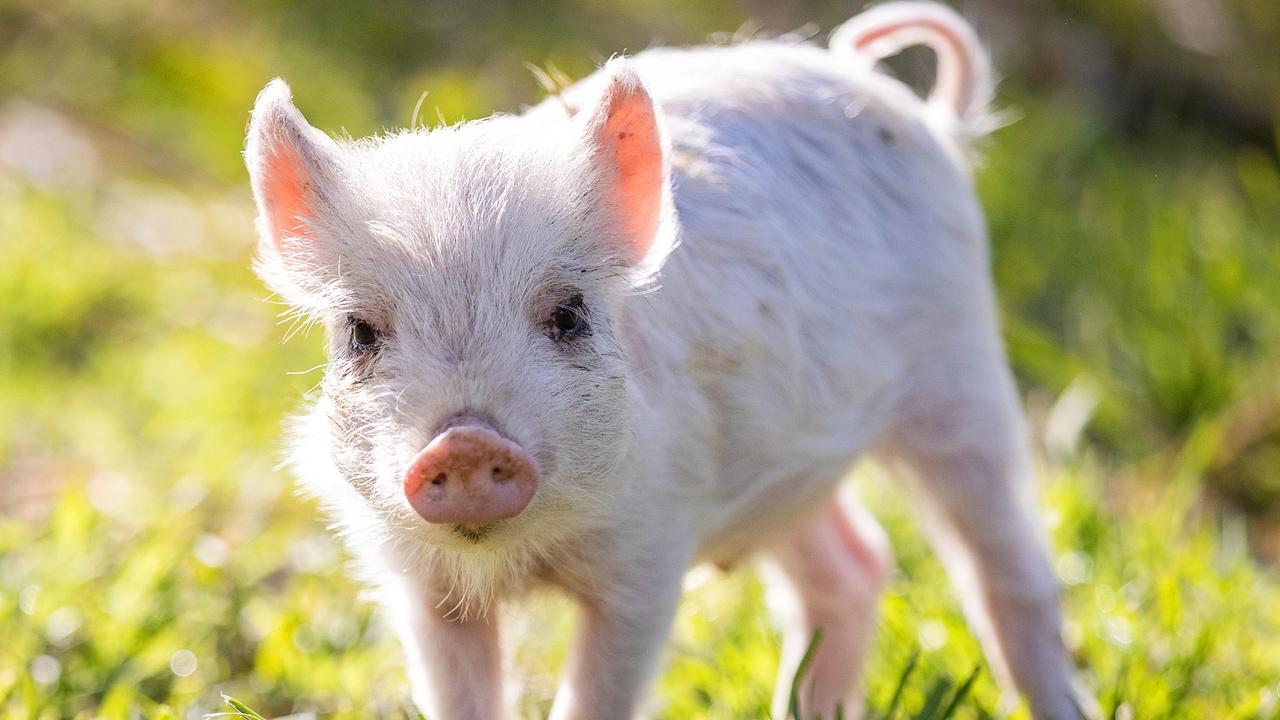
READING LEVEL: GREEN
Mammals* that can breathe through their bottoms, homing pigeons that can guide missiles and a real plant trying to imitate fakes: these are some of the strange scientific discoveries that won this year’s Ig Nobels*, the quirky alternative to the esteemed* Nobel Prize* awards.
The annual awards “for achievements that first make people laugh, then make them think”, were handed out on September 12 at a lively ceremony at MIT*, one of the leading universities in the United States.
Here are the 10 winners of the 34th edition, held a month before the real Nobel Prize ceremony.
BOTTOM BREATH
The physiology* prize went to Japanese and US researchers for discovering that many mammals can breathe through their bottoms in emergencies.
They were inspired by loach* fishes, which are capable of “intestinal air breathing”, according to the team’s 2021 study.
This secondary breathing method can also be achieved by mice, pigs and rats, the researchers found, suggesting that guts could be repurposed as an “accessory breathing organ”.
Researchers even suggested it could be a way to deliver emergency oxygen to patients when there is a ventilator shortage, such as during the Covid pandemic.

MISSILE PIGEONS
The peace Ig Nobel went to the late US psychologist BF Skinner, who put trained pigeons in the nose of missiles to guide them during World War II.
Project Pigeon was called off in 1944 despite a seemingly successful test on a target in New Jersey.
“Call it a crackpot* idea if you will; it is one in which I have never lost faith,” Mr Skinner wrote in 1960.
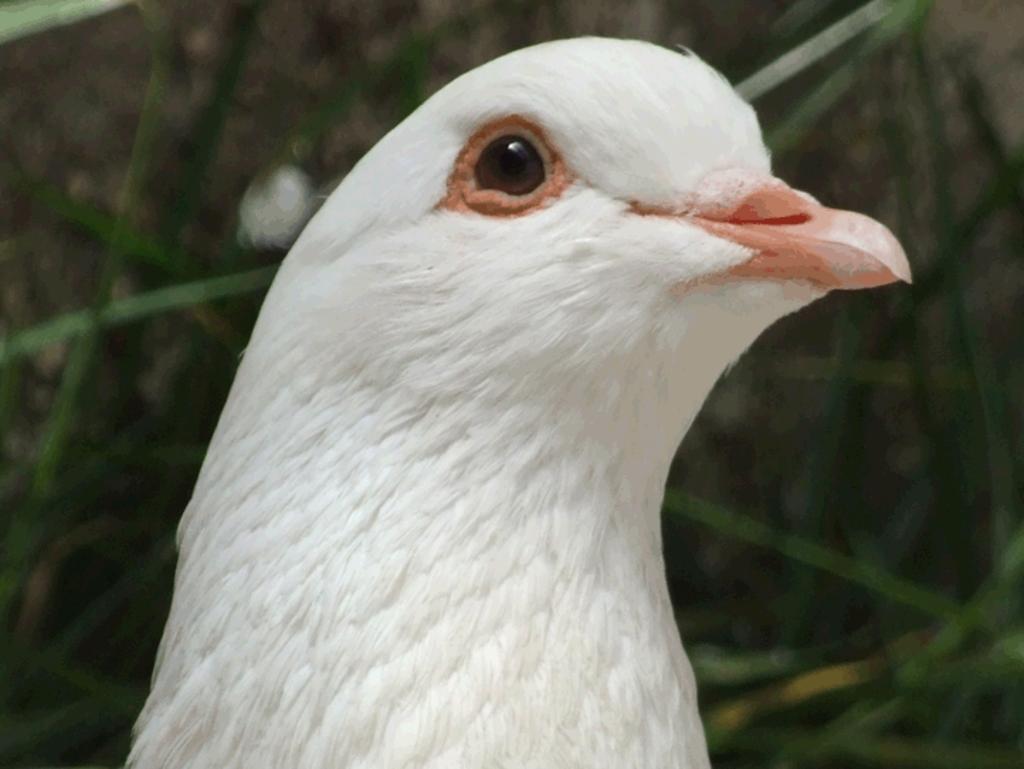
PLASTIC PLANT ENVY
The botany* prize was awarded for research which found that some real plants imitate the shapes of nearby plastic plants.
Prizewinner Felipe Yamashita of Germany’s Bonn University said the research team’s hypothesis* was that the Boquila* plant they studied “has some sort of eye that can see”.
“How they do that, we have no idea,” he said to laughter at the ceremony. “I need a job,” he added.
COIN TOSS
The probability* prize was awarded to researchers who tossed 350,757 coins. Inspired by a magician, the researchers found that the side facing upwards before being flipped won around 50.8 per cent of the time.
Over 81 work days of flipping, the team had to employ massage guns* to soothe sore shoulders.
Lead researcher Frantisek Bartos told AFP the team was excited to become Ig Nobel laureates*.
“Although it’s a parody* prize, it is very nice to have your research highlighted,” he said. “And hopefully it amuses and maybe even inspires a new generation of scientists.”
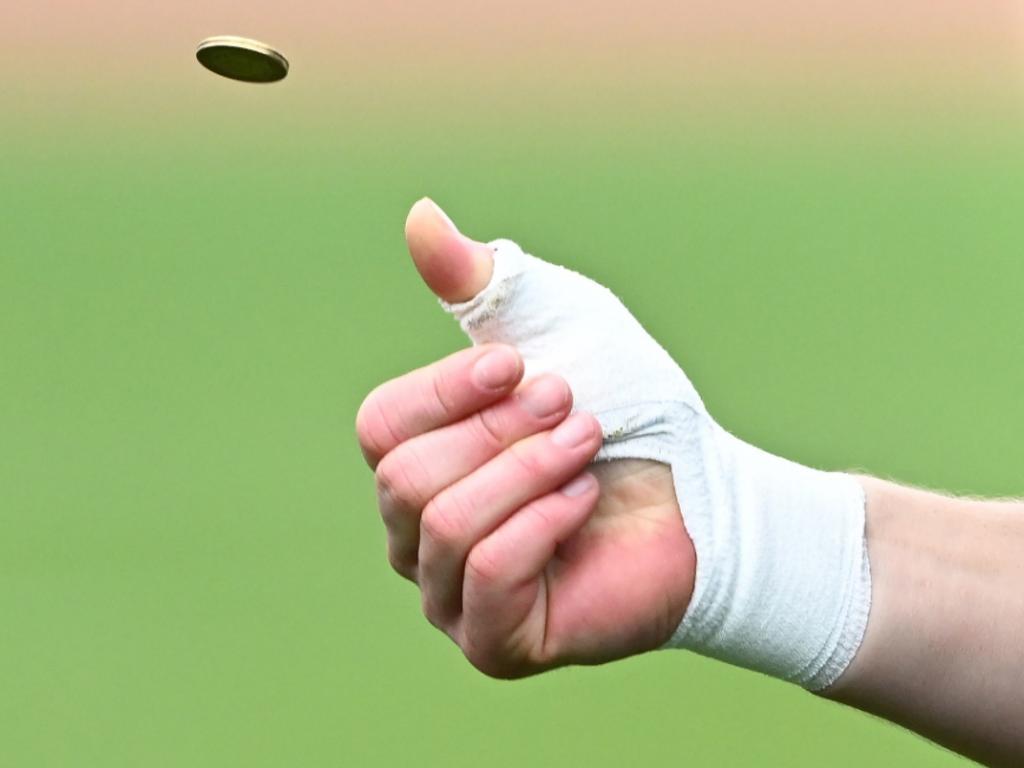
SECRET TO LONG LIFE
The demography* prize was awarded for detective work which discovered that many of the people famous for living the longest happened to live in places with “lousy birth-and-death record-keeping,” the Ig Nobel website said.
Australian researcher Dr Saul Justin Newman read out a poem at the ceremony which concluded that the real way to longevity* was to “move where birth certificates are rare, teach your kids pension fraud* and start lying”.
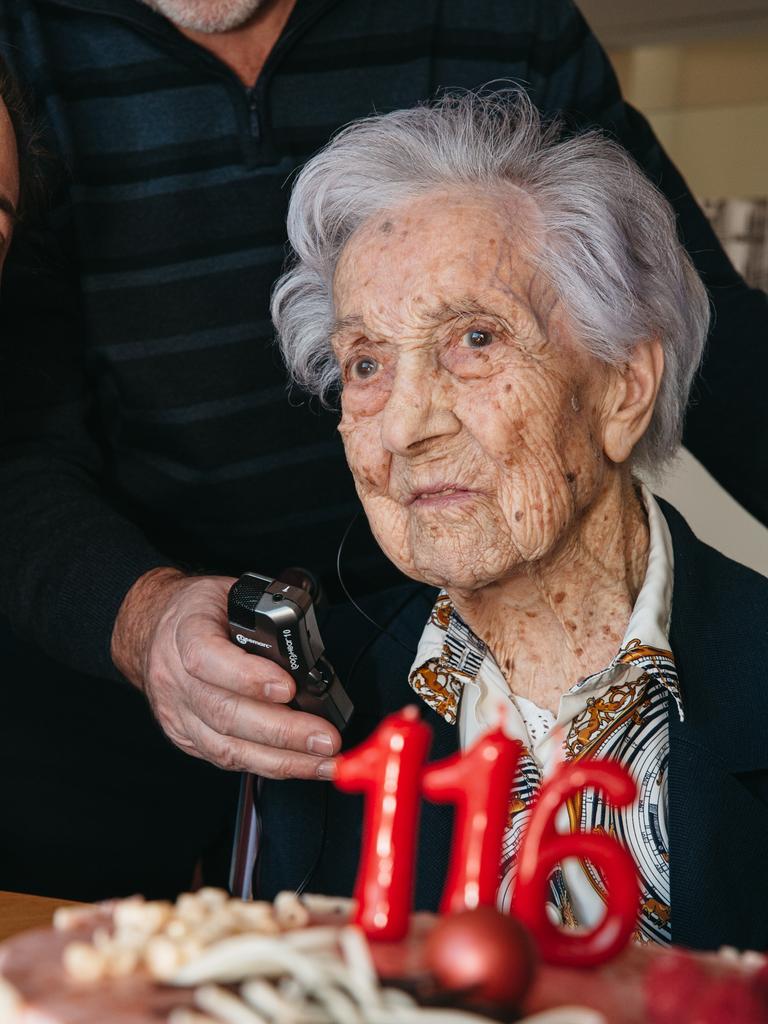

TIPSY WORM RACE
The chemistry prize went to a team which used a complex analysis called chromatography* to separate inebriated* and sober worms.
The researchers demonstrated the study by re-enacting a race on stage between a sober worm that had been dyed red, and a blue worm that was under the influence of alcohol.
The sober worm won.
OUT OF THIS WHORL
The anatomy* prize went to a team of French and Chilean researchers which found that the hair whorls* of most people swirl clockwise – however in the southern hemisphere, counterclockwise whorls are more common.

PLACEBO* PAIN
The medicine Ig Nobel went to European researchers who demonstrated that fake medicine which causes painful side effects can work better than fake medicine that does not.
DEAD FISH SWIM TEST
The physics* prize was awarded to US-based scientist Dr James Liao for “demonstrating and explaining the swimming abilities of a dead trout”.
“I discovered that a live fish moves more than a dead fish,” a deadpan* Dr Liao said as he accepted the prize.
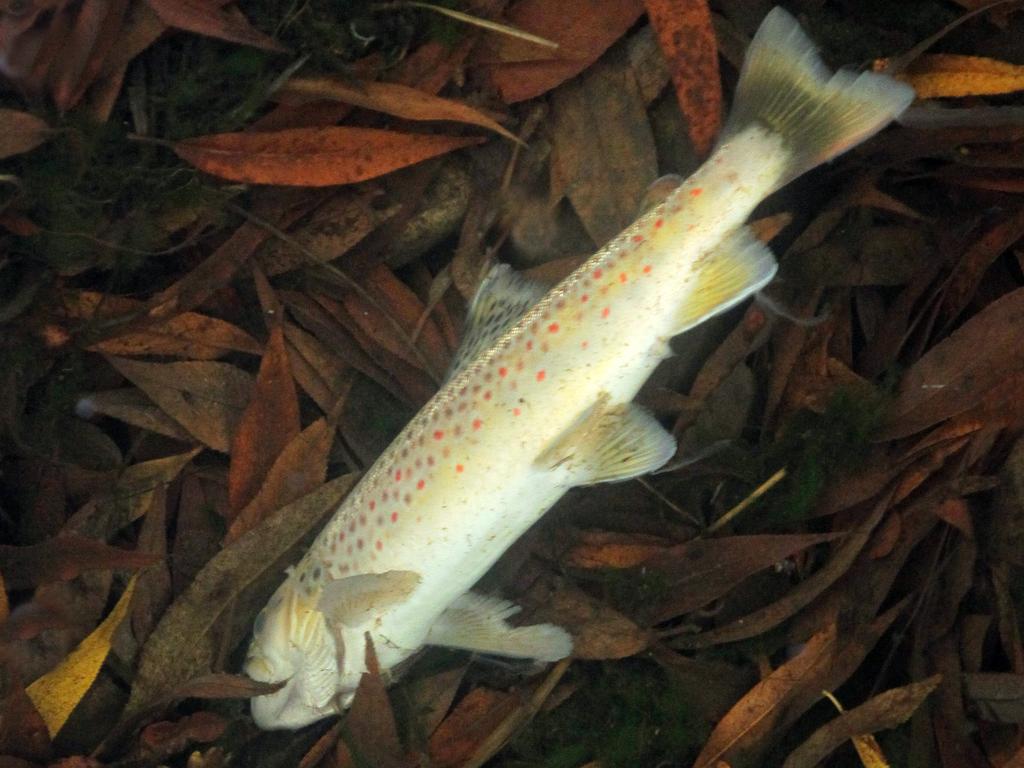
THE ‘SCAREDY CAT’ COW
The posthumously* awarded biology* prize went to the late US-based researchers Fordyce Ely and William E. Petersen for a particularly strange experiment in 1941.
They exploded a paper bag next to a cat that was standing on the back of a cow, to “explore how and when cows spew their milk”.
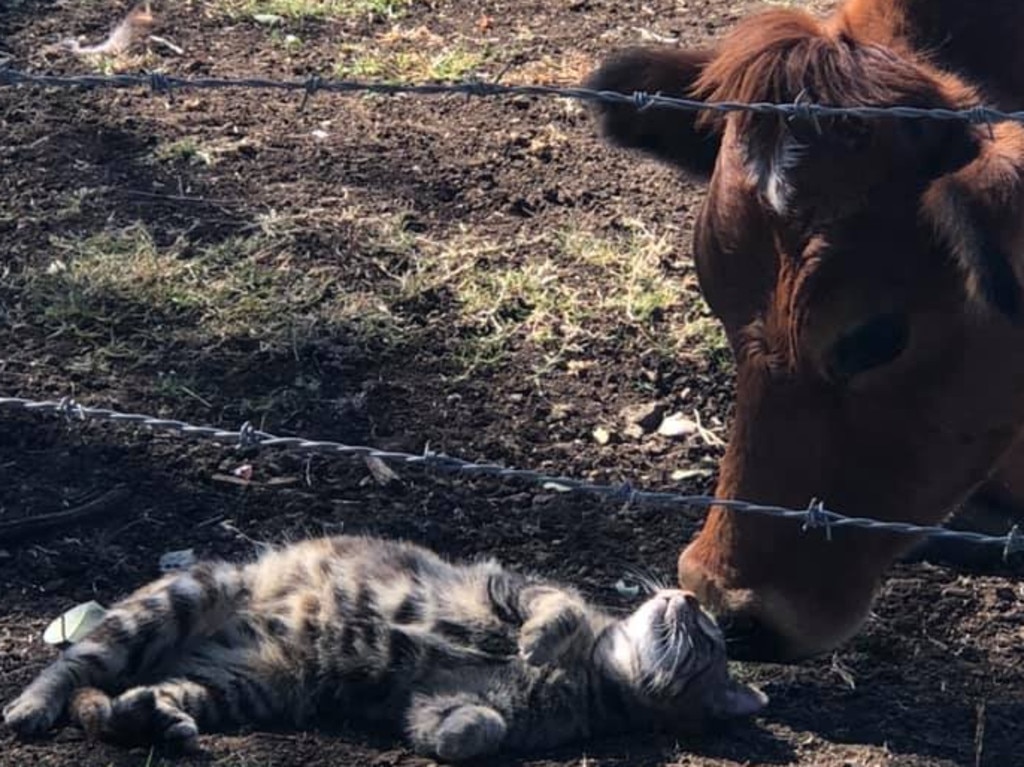
POLL
GLOSSARY
- mammals: warm-blooded animals including dogs and humans that give birth to babies rather than laying eggs and feed their young with milk from the female
- Ig Nobels: the play on words isn’t just about the real Nobel Prize awards - the word “ignoble” can be used to refer to something of low quality or someone inferior to others
- esteemed: held in very high regard, respected
- Nobel Prize: widely regarded as the world’s most prestigious awards for intellectual achievement, the Nobel prizes were established after Swiss scientist Alfred Nobel’s will, signed 27 November 1895, gave the largest share of his fortune to a series of prizes in physics, chemistry, physiology or medicine, literature and peace – the Nobel prizes.
- MIT: Massachusetts Institute of Technology
- physiology: branch of biology studying how the bodies of living things work
- loach: bottom-feeding freshwater fish
- crackpot: eccentric, crazy, unrealistic or foolish
- hypothesis: theory, idea or explanation that’s based on known facts but unproven
- Boquila: flowering South American plant that can morph into at least eight basic shapes, according to a 2016 National Geographic article
- probability: mathematical study calculating the likelihood of things happening
- massage guns: portable, handheld devices for self-massage therapy
- laureates: people honoured after achieving distinction or awards in a particular field
- parody: humorous imitation of something or someone else that’s very well known
- demography: statistics-based study of human populations
- longevity: living for many years, a long life or the ability to last for a long time
- pension fraud: when scammers target and deceive pensioners to steal from them
- chromatography: process for separating the different components in a mixture
- inebriated: intoxicated, tipsy, under the influence of too much alcohol
- anatomy: study of the bodily structure of plants or animals
- whorls: something that turns or goes around in a circle, pattern made by curved lines
- placebo: substance that appears real but has no therapeutic benefit; also used to describe something given to satisfy someone who hasn’t been given the thing they really want
- physics: scientific study of matter and energy
- deadpan: delivered without emotion, usually as a deliberate comic device
- posthumously: something occurring or being awarded after someone’s death
- biology: science of life and living organisms and their natural processes
EXTRA READING
Plague of ‘zombie’ pee champions
Spinosaurus’ underwater life was in its bones
QUICK QUIZ
- What grave historic event was BF Skinner’s motivation for putting pigeons in missiles?
- Which three mammals were found to be able to achieve “intestinal air breathing”?
- Which variety of fish inspired the breathing study?
- What type of hair whorls are more common in the southern hemisphere?
- How many coins did researchers toss during the study and how many days did it take?
LISTEN TO THIS STORY
CLASSROOM ACTIVITIES
1. Weird science
Which lg Nobel prize did you find the most interesting out of the prize winners listed?
Choose your favourite winner to answer the following questions:
- What is the scientific aspect explored in this experiment?
- Is this a useful finding or just for fun?
- What sort of researcher would do an experiment on this topic?
Write a short acceptance speech paragraph if you were to receive the award on behalf of the winner:
Time: allow 25 minutes to complete this activity
Curriculum Links: English, Science, Personal and Social, Critical and Creative Thinking
2. Extension
Think of a weird or wacky science experiment you could do with your friends that might be in the running for a lg Nobel award.
Give an outline of your experiment and what it might prove scientifically or just for fun.
Time: allow 15 minutes to complete this activity
Curriculum Links: English, Science, Personal and Social, Critical and Creative Thinking
VCOP ACTIVITY
Imaginative dialogue
Imagine you were there during the Ig Nobel award ceremony at MIT.
Create a conversation between two of the researchers from the article - you may need or want to include yourself as one of the winners. Don’t forget to try to use facts and details from the article to help make your dialogue as realistic as possible.
Go through your writing and highlight any punctuation you have used in green. Make sure you carefully check the punctuation used for the dialogue and ensure you have opened and closed the speaking in the correct places.

